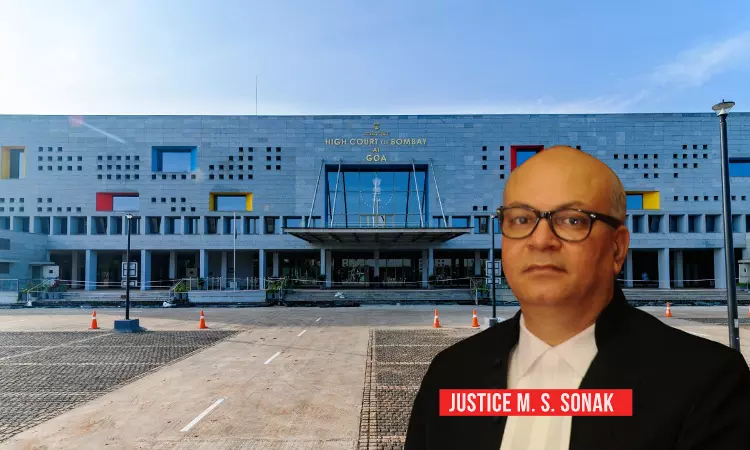The Goa bench of Bombay High Court held that daughter’s right to family property does not extinguish merely because she was provided dowry at her marriage.Justice MS Sonak quashed a Transfer Deed made by brothers transferring family property without the consent of the appellant sister."However, even if it is assumed that some dowry was provided to the daughters, that does not mean that...

